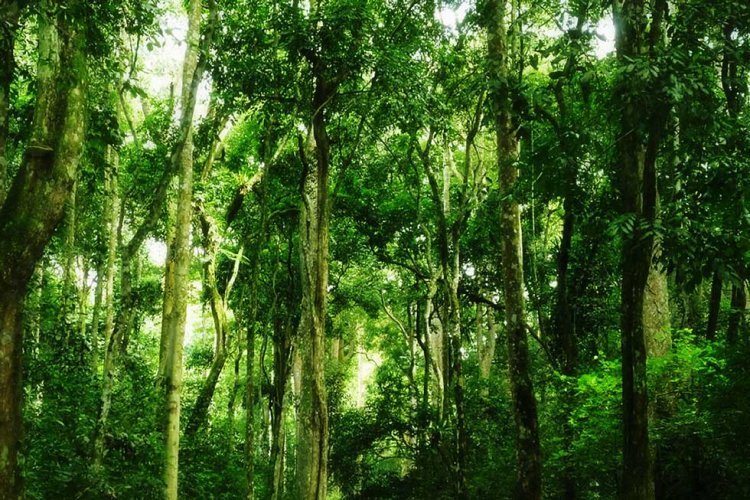Everyone today in Uganda who has a privilege of buying a car wants to park under the tree but everyone today has not planted a tree to park under it, when you buy a car think of planting a tree before buying a car. Let’s all plant trees and have the green environment back.
Globally, there has been a confusion on who owns the natural resources like forests found in our countries. This question has been left unanswered for centuries and people have taken advantage of this lack of knowledge and have treated the natural resources like forests as if they own them. There has been struggle for example in defining our boundaries when it comes to utilization.
An attempt to answer this question will enable us understand and treat the forests with the honor they deserve. Human being have killed one another while fighting over such and this could be the goods coming from the forests. As has been mentioned, land and forests holds a lot of significance to man.
Our agricultural activities take place on land, we build our shelter on and materials to use from the forest, move on land, our communication systems are supported by land and forest were we get poles from, and we get building materials from land and forests together with a number of activities that this paper might not exhaust.
The question is who owns land and forests. Having appreciated land as a natural resource and a factor of production, it becomes imperative to know, recognize and appreciate that it land and forests that owns us.
We found it when we came to earth, we make use of it to generate food and other products that support us while still alive. What we have to remember as human beings once lived in a garden that had trees to make it qualify for a forest and land that we finally die and get back to earth as the Bible puts it in the book of Genesis if I may quote. Once dead, are recycled to generate nutrients that is again utilized by plants to support other human being.
Uganda's forest resources are an essential foundation for the country's current and future livelihood and growth. Over nine-tenths of Uganda's energy requirement, for example, is generated by forests (Background to the Uganda Budget 1993-1994).
Forests are also important for timber and for their role in increasing agricultural productivity. They support wildlife and other forms of biodiversity vital for the country's future heritage, as well as for generating foreign exchange through a tourist industry focused on the diverse flora and fauna of Uganda.
These valuable forest resources are disappearing rapidly. The 1992 Uganda National Environmental Action Plan (NEAP) estimated that deforestation was occurring in Uganda at the rate of 500 km2, while the Food and Agriculture Organization (FAO) of the United Nations (1993) estimated it to be at 650 km2 annually.
If the rate of deforestation were to continue unabated, most of the forested area of Uganda would disappear within the coming century. Uganda’s forests are an important and treasured natural asset contributing about 8.7% to the national economy based on conservative estimates (NEMA, 2011).
Forests provide multiple benefits and sustainably managed forests give environmental benefits, sustainable economic development and improve the quality of life of people across the country.
Forests provide habitats for many native flora and fauna species, renewable products and energy and contribute to the development of a green economy. Forests also provide a wide range of wood and non-wood products, clean water resources, and play a vital role in the mitigation of climate change.
From the mid-1990s government embarked on a number of reforms following the promulgation of a new Constitution in 1995. By the late 1990s it became clear that the forestry sector needed to be reformed in order for it to conform to the overall national reform processes.
Government therefore, with the assistance of a consortium of donors under the coordination of the Department for International Development (DFID) of the United Kingdom carried out a Forestry Sector Review (FSR) between 1998 and 2001.
The FSR among other outcomes identified major stakeholders in the forestry sector who had hitherto not played a meaningful role in the management of the forest resource as will be highlighted later.
And to a lager extent the forests in Uganda are a blessing but for us to turn it into a blessing today we need to plant the trees again and it’s my role and your role to plant trees and park under the shade as we want.
Complied by KATALIKAWE WILLIAM
williamkatali@gmai.com
+256 770448283








